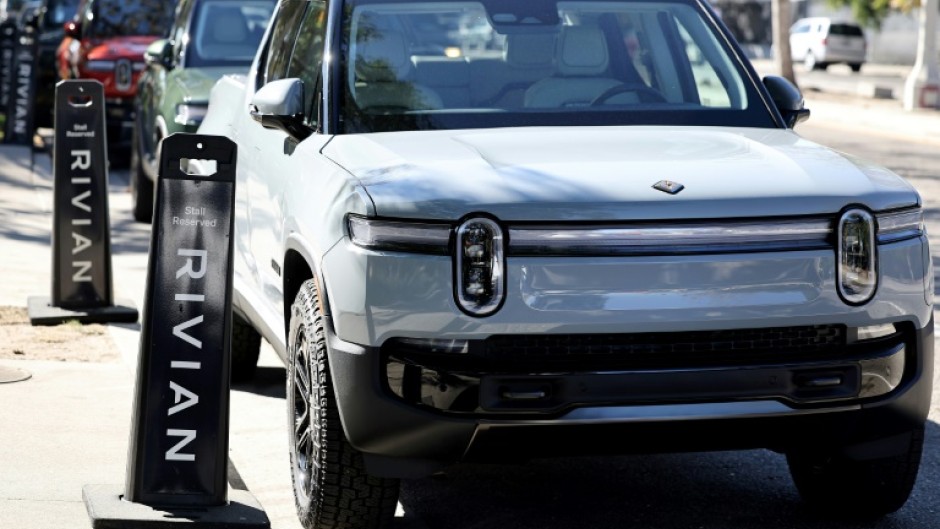WASHINGTON - As part of his flurry of first-day actions, US President Donald Trump took aim at electric vehicles, a cornerstone of the Biden administration's climate change agenda.
Trump's executive order on "Unleashing American Energy" on Monday included steps to ensure a "level" playing field for gasoline-powered motors and halt federal funding to build new EV charging stations.
The executive order also appeared to presage other reversals, referencing the possible elimination of a federal tax credit for EV purchases and the renouncement of a US waiver that allows California to set stricter requirements on cars.
During his inaugural address, Trump said the moves would "end" the "Green New Deal," ridiculing Biden-backed incentives for EV sales.
While Trump harshly criticised EVs during the presidential campaign, policy experts have been skeptical Trump will junk all the Biden-era EV programs, in part because significant federal funding has gone toward projects in Republican congressional districts, where thousands of jobs are expected to be created.
Shares of EV makers like Rivian and EV charging companies such as EVgo fell sharply Tuesday. Tesla, which is led by close Trump ally Elon Musk, also fell.
Kathy Harris, director for clean vehicles of the Natural Resources Defense Council, called Trump's policy a sop for "fat-cat oil executives," noting that EVs are better for the environment and can save consumers money on gasoline.
Many of Trump's executive orders are expected to face legal challenges, a possible outcome for the EV measures.
"This is not the end of this story," Harris said. "If the administration tries to cut corners or ignore the law, they will end up in court."
The Alliance for Automotive Innovation, which has previously endorsed the need for stable auto rules, reiterated its criticism of California's car regulations in a statement that did not address other elements in Trump's executive order.
"The country should have a single, national standard to reduce carbon in transportation," said the group's president, John Bozzella. "We can't have regulations that push the industry too far ahead of the customer."
The new policy comes as automakers pause some EV investments due to slowing growth, even as sales of emission-free vehicles climb to new levels in the United States.
In 2024, EV sales in the country reached 1.3 million, up 7.3 percent from the prior year, according to Cox Automotive's Kelley Blue Book, which pointed to a meaningful rise in EVs at different price levels.

